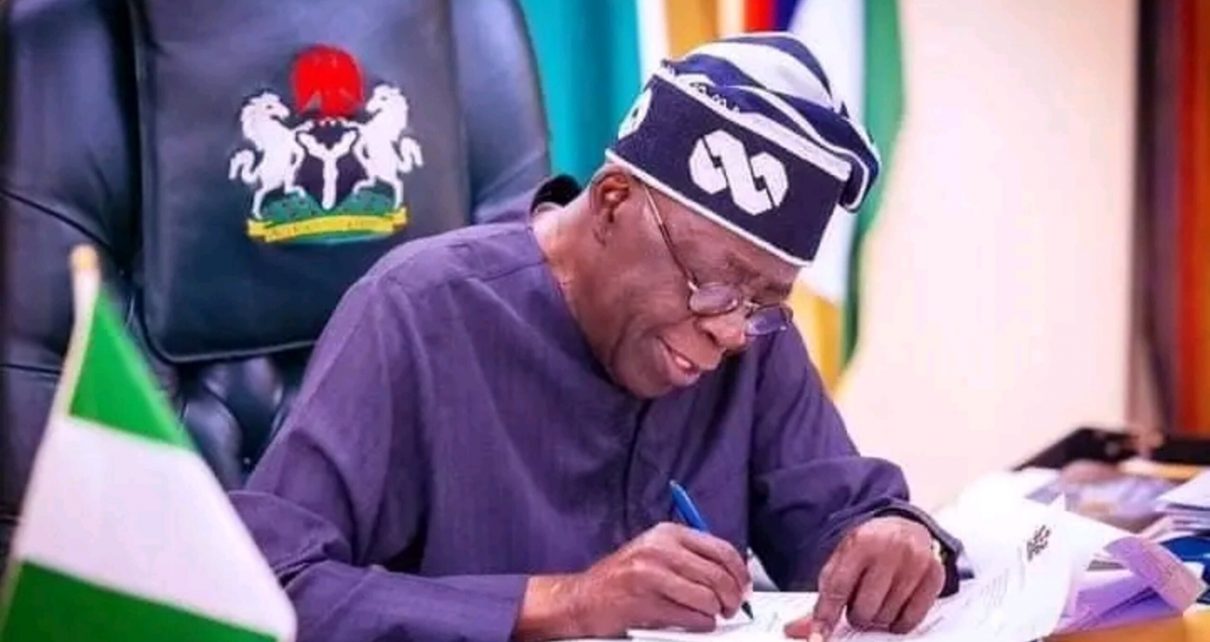
Celebrations are in order as we savour the near-miss that almost rendered us impecunious. A near miss, indeed. We must never forget how we got there. And, going forward, how can the Tinubu administration tweak the government’s policies and programmes to favour our largely disillusioned people?
P&ID Shakedown
Some Nigerian public officials hate their country passionately. If in doubt, check out the details of the international heist called the P&ID scam. A few strategically positioned Nigerians betrayed the trust of the high offices they occupied and literally guided an international corporate bandit to swindle their fatherland. What will some people not do for money!
Flashback: In January 2010, a Virgin Islands-registered company founded by two Irish business partners, P&ID, signed a Gas Supply and Processing Agreement (GSPA) with Nigeria to develop a processing plant in Calabar, Cross River State capital, but the deal failed in August 2012 and the company sought a $5.96 billion compensation from Nigeria with arbitration proceedings against the country at the London Court of International Arbitration.
In January 2017, the arbitration said Nigeria breached the contract and ordered the country to pay the company $6.6 billion with interest starting from May 2013. Before the verdict, the interest fixed at seven per cent ($1 million daily) had accumulated to $9.6 billion, but which has now accrued interests to $11 billion.
Nigeria, already in the throes of a depressed economy and increasing levels of poverty was supposed to somehow cough up $11 billion to satiate the greed of the Nigerian and foreign conspirators. The director of legal services of the Petroleum ministry was Grace Taiga. She worked on the contract wording and recommended to Alhaji Rilwanu Lukman, the petroleum minister at the time, that he sign a memorandum of understanding with P&ID in 2009. She also officially witnessed his signing of the gas contract the following year.
Under the terms of the agreement, the government would provide wet gas to P&ID for free over 20 years. The two parties would then split the processed resource, with the government using its share to help power the country’s energy grid. But the project never got off the ground. P&ID never built the plant and Nigeria never provided the company with any gas. P&ID blamed the government for the failure and convinced an arbitration panel that it had been wronged.
The panel awarded the company damages equivalent to the total hypothetical profit the company would have made over the lifespan of the contract – $6.6 billion plus interest of $1.3 million per day from the time the contract was breached.
Evidence later emerged that Taiga had received close to $10,000 from individuals and companies linked to P&ID ahead of the contract signing. Before the High Court, Taiga acknowledged having received money but said that these payments were merely gifts from a family friend, P&ID co-founder Michael Quinn. In one document dated October 2017, Cahill recorded a “commitment” of $200,000 to Taiga; in another, dated May 2019, the figure was put at $500,000.
It was also revealed that Adetunji Adebayo, executive chairman of Nigerian gas company, GFD Energy, and middleman for P&ID during settlement negotiations with the government, could be entitled to $1.4 billion. In an affidavit dated May 2022, Cahill wrote that, “Mr Adebayo was promised 10 percent of the income from the arbitration” but added that there was still “a lot of uncertainty around the amount, if any, that will be paid out.”
Mohammed Kuchazi, who as P&ID’s commercial director assisted the firm in its relationship with the petroleum ministry, told the court that he believes himself to be entitled to 3 percent of the award — some $340m — as per an agreement he said he reached with Quinn. Cahill confirmed the existence of that deal in his affidavit. In his own affidavit, Kuchazi wrote that he had been friends with Lukman, the minister, since the 1960s. Kuchazi had been a businessman and politician.
The story of how a small offshore company with no meaningful track record, no website, and only a handful of employees managed to win a multibillion-dollar gas contract in Nigeria must be one of the greatest heists of modern times. Granted that Nigeria has been labelled as the corruption capital of the continent (unfairly, I think), do the 200 million long-suffering citizens of the country deserve the criminals that hold their resources hostage and sentence the people to hunger and want?
Describing the outcome as a victory for Africa, President Bola Tinubu, in a statement released by Ajuri Ngelale, said: “This landmark judgment proves conclusively that nation states will no longer be held hostage by economic conspiracies between private firms and solitarily corrupt officials who conspire to extort and in-debt the very nations they swear to defend and protect,”
“Today’s victory is not for Nigeria alone. It is a victory for our long exploited continent and for the developing world at large, which has for too long been on the receiving end of unjust economic malpractice and overt exploitation.Nigeria is appreciative of the tremendous efforts of the defense team and acknowledges the role of the Federal Ministry of Justice and the Office of the Attorney-General in the process of defending Nigeria’s interest in this case,” the President declared.
Never Again!
Congratulations, Nigeria. Having seen how dangerously close the country came to bankruptcy on account of corruption, officials of the current administration probably shouldn’t require a lengthy anti-graft lecture. But the president and his ministers will do well to keep a close eye on every seemingly ‘routine’ request for presidential or ministerial assent.
Affordable Fuel
The current move by the federal government to encourage the use of autogas is commendable. But there are additional steps that could ease the burden of the people without necessarily picking the pockets of the government. Why can’t we sell crude oil for local consumption to Dangote refineries and the modular refineries in Naira instead of dollars? It is the quest for dollars at the black market rate that jacks up the price of the product. Must we make insane profit at the expense of our people who are the real owners of the oil? The sale of crude oil at international market rate should be reserved for exports. I urge President Tinubu to give this idea a thought.
Transforming the Ports
“According to the sector operators, the cost of exporting 100 tons of cargo in Nigeria is $35,000, compared to $4,000 in Ghana. Today, the leading ports for West Africa are in Cote d’Ivoire, Ghana, Togo and Benin Republic. All these countries have modernised their port management systems, leaving Nigeria far behind”, noted the President of the African Development Bank (AfDB), Dr Akinwumi Adesina, last month at a mid-term ministerial performance review retreat
We should not be decongesting the ports in Nigeria; we should be transforming them, he counselled. He enjoined President Bola Tinubu to purge the port system of such avoidable challenges as administrative bottlenecks and duplication of functions by agencies of government in the ports. This is another possible ‘quick win’ area if the presidential ears were tuned to my frequency.
- Wole Olaoye is a Public Relations consultant and veteran journalist. He can be reached at wole.olaoye@gmail.com, Twitter: @wole_olaoye; Instagram: woleola2021)



